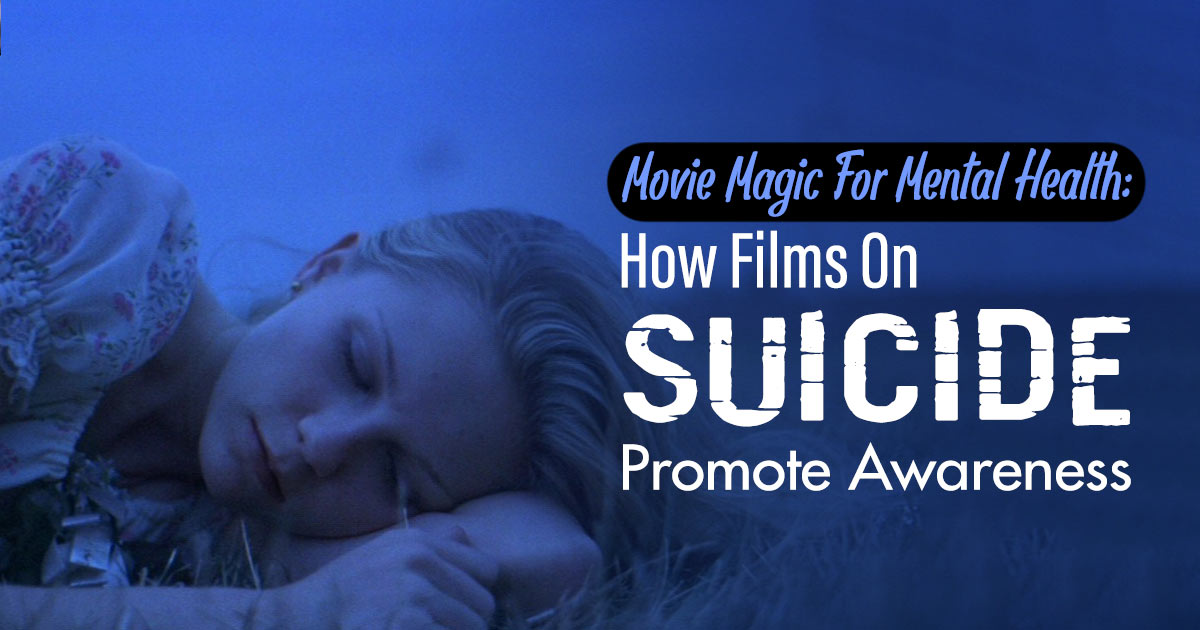In recent years, movies on suicide have helped to evolve the narrative around the tragic act, from being a taboo subject to a vital catalyst for conversation about mental health. These suicide movies raise awareness about mental health, self-harm, and self-murder, besides:
- Challenging societal stigmas
- influence public perceptions of suicide
- Fostering empathy for people with suicidal thoughts and tendencies
- Providing insights into mental health conditions like suicide grief, etc.
Breaking The Silence On Suicide
Historically, suicide and mental health were topics shrouded in silence and shame. However, movies have broken this silence by presenting these issues on the big screen, giving audiences a platform to discuss and empathize with individuals facing mental health challenges.
Suicide movies raise awareness and play a pivotal role in destigmatizing mental health. By portraying characters grappling with depression, anxiety, and other conditions, these movies on suicide humanize individuals who might otherwise be marginalized or misunderstood. Audiences witness the complexities of mental health struggles, challenging preconceived notions and fostering empathy.
The power of cinema lies in its ability to evoke emotions and spark conversation. Movies on suicide provoke discussions among friends, family, and communities, enabling individuals to share their own experiences and seek support when needed. The dialogue generated by these suicide movies raise awareness about mental health and suicidal behavior—offering comfort to those who may be struggling.
Creating Awareness And Change In Suicide
Movies on suicide serve as educational tools, shedding light on the warning signs, risk factors, and the importance of seeking help. They provide valuable insights into the complexities of mental health issues and encourage audiences to educate themselves further.
The best suicide movies often depict characters exhibiting warning signs of suicide, such as withdrawal, isolation, and expressions of hopelessness. These portrayals help audiences recognize these signs in real life, potentially leading to early intervention and prevention.
Movies that accurately depict the emotional and psychological struggles of individuals facing mental health challenges have a profound impact. Realism fosters a better understanding of the lived experiences of those with mental health conditions, promoting empathy and compassion.
Movies on suicide have the potential to inspire societal change by influencing public policy, funding for mental health services, and community support initiatives. Powerful movies can also galvanize individuals and organizations to advocate for improved mental health services, suicide prevention programs, and destigmatization efforts. The influence of cinema extends beyond the screen, mobilizing communities to work toward positive change.
Movies on suicide can drive policy changes by highlighting the need for increased funding for mental health services, improved access to care, and changes in educational curriculum to include mental health awareness. These movies serve as catalysts for reform in the public and private sectors.
Controversy and Responsibility Surround Even The Best Suicide Movies!
While movies on suicide can be powerful tools for raising awareness, they also come with risks and responsibilities. Filmmakers must tread carefully to avoid glorifying suicide or inadvertently perpetuating harmful stereotypes.
Some movies on suicide have faced criticism for romanticizing suicide or presenting it as an easy solution to life’s challenges. Filmmakers must exercise caution to avoid inadvertently glamorizing self-harm or suicide in their narratives.
Filmmakers have a responsibility to handle sensitive topics like suicide with care and accuracy. They should consult mental health professionals and organizations to ensure that their portrayals are respectful, informative, and empathetic.
The Future Of Cinema And Mental Health
The influence of movies on suicide and mental health is undeniable, and it is likely to continue evolving in the future. As technology advances and societal attitudes change, cinema will play an increasingly vital role in shaping the mental health conversation.
Advancements in virtual reality and interactive storytelling may allow audiences to immerse themselves in the experiences of characters facing mental health challenges. This heightened level of empathy could lead to even more profound conversations about mental health.
As the film industry becomes more inclusive, we can expect to see a wider array of stories that reflect the diverse experiences of individuals with mental health conditions. This diversity will enrich the conversation and broaden our collective understanding of suicide both as a social and personal phenomenon.


























